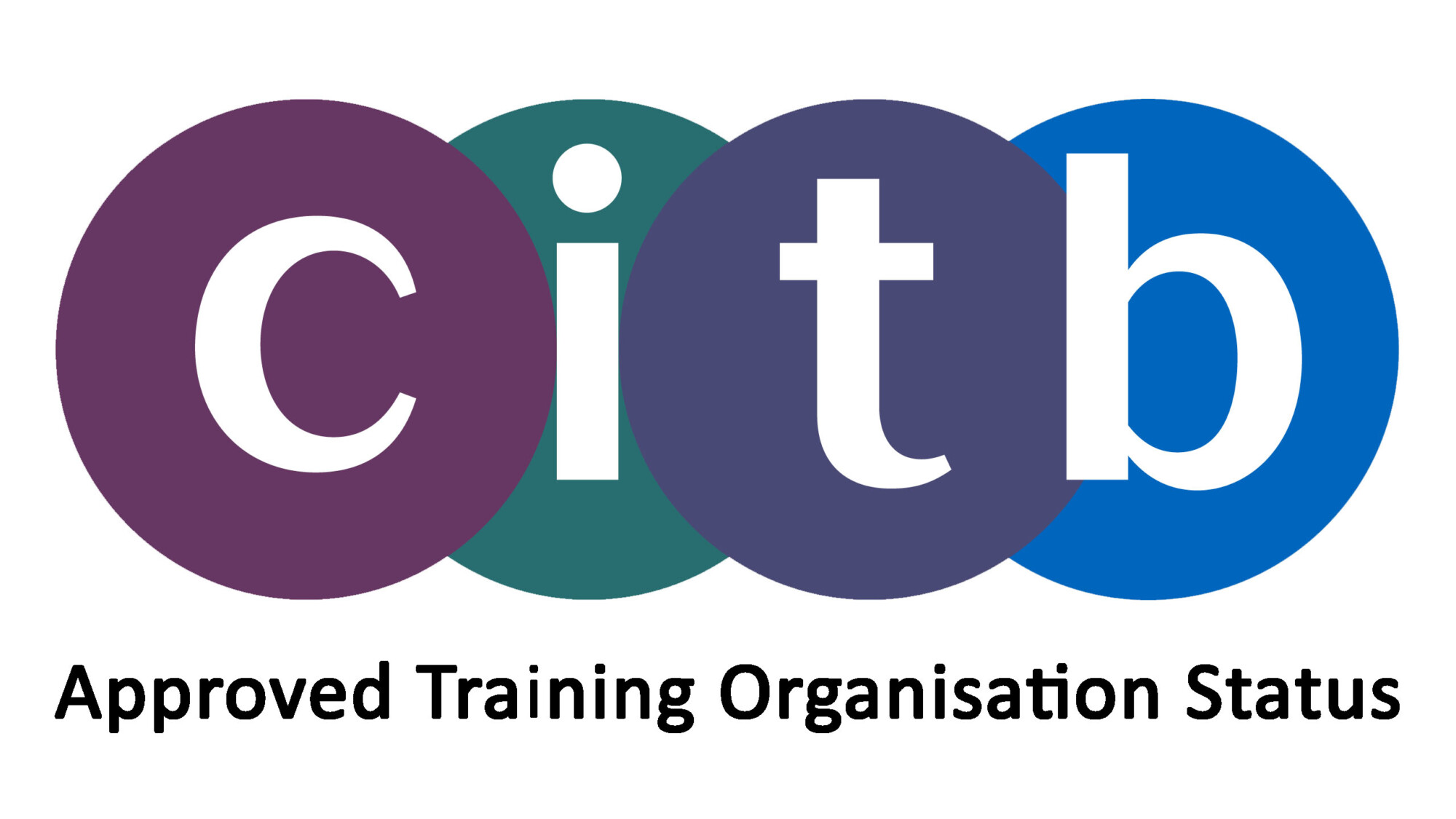Leadership in Times of Crisis: How to Lead Effectively Under Pressure
If you want to become an effective leader, you need to know how to manage under pressure. After all, how you react to a crisis can define your leadership and you as a person. Teams remember leaders who use their ingenuity in a tight spot and keep their heads when times get tough.
These are the strategies you need to lead effectively when the pressure’s on.
Do nothing in the moment
When you’re managing a crisis, it’s tempting to jump in headfirst and start firefighting. Stop, take a deep breath and do nothing until you’ve had the chance to gather your thoughts. Being decisive often depends on formulating a plan in a heartbeat.
Crisis leadership isn’t about meaningless activity. It’s about responding in the right way. A moment’s pause can give you the beat you need to plan meaningful action before you make that call.
Surround yourself with a grounded management team
Building your support network can be one of the most effective ways to manage when things get tough.
Effective leaders are rarely solo leaders. Instead, they surround themselves with a calm and grounded team that has the leadership values, diverse experience, and emotional intelligence to support difficult decision-making.
Recognise what makes you uncomfortable and get comfortable with it
Ask yourself what your leadership style is under pressure. How could you lead more effectively in times of crisis?
We all default to our comfort zones under pressure. The trick is to make discomfort and stress an effective ally. Recognise your vulnerability and how you’re physically affected by stress. Acknowledge your limitations and foster empathy in your decision-making. You’ll build connection and trust with your teams, helping you lead better.
Think on your feet
If you want to manage effectively in a crisis, you need to think fast, prioritise the issues, and provide effective solutions.
Great crisis managers are effective communicators, great delegators and have the flexibility to acknowledge when a plan isn’t working. Being adaptable is a major asset in stressful situations as it gives your teams the confidence to react quickly and with confidence.
Realise your limitations
Recognising your limitations is paradoxically one of your greatest strengths as a crisis leader. Even the best individual leader can’t tackle a stressful situation in an instant, so act from a place of calm and strength rather than reactrive panic.
Breaking the task down will give you a clear overview of what needs to be done and who needs to do it. Leveraging your team’s different perspectives will help you create collaborative solutions with buy-in from your employees.
Become an effective leader under pressure
Leading in stressful situations can be daunting. Remember, great leaders act quickly but never rashly. However, becoming that leader takes time. You need to hone your skills, use your weaknesses and strengths to your advantage and test them in crisis situations. Before long, you’ll be making good decisions quickly and confidently.
Esther Patrick is a Client Accounts Director at Keystone and a member of the Senior Leadership Team. An experienced consultant and management author, she has nearly 20 years’ experience leading client partnerships across sectors from construction to healthcare and designing leadership, culture, and team development programmes aligned with their strategic goals and values. Esther is passionate about creative, human-centred learning.



